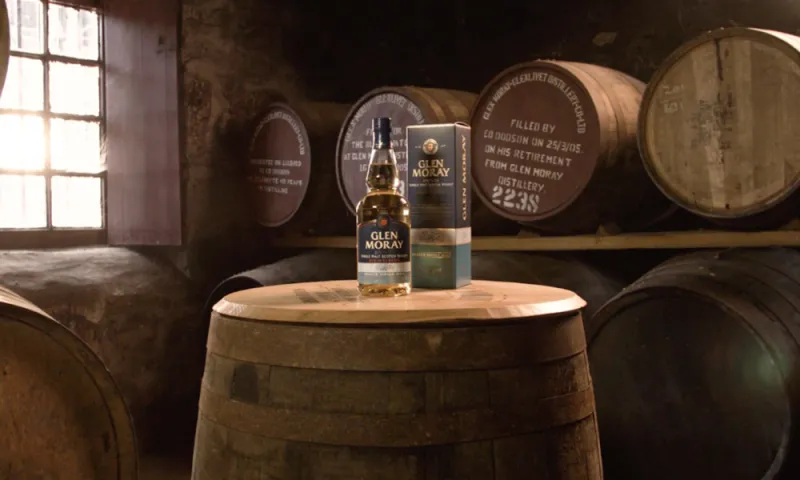
Case Study - Glen Moray Distillery
Removal of grist and char from whisky Glen Moray Distillery is a Speyside…
Aqua Vitae or “The Water of Life” is the ancient term for distilled alcohol. Whisky is a distilled alcohol made primarily from malted Barley that is ground, mashed in a Mash Tun, Fermented, Distilled, Matured and then Vatted before Bottling. The final product has the requirement of being aesthetic so there is no visible particulate and no haze when water is added.
At the Vatting stage, undesirables such as char from the barrels is removed with Rough filtration to ensure the whisky’s appearance is aesthetic. Then, to prevent haze in the liquid when water is added, the fatty esters are removed by chilling and then filtering. The whisky is often diluted to the appropriate strength using purified water before bottling after a final guard filter. Challenges to the distiller of haze, flavour and appearance are solved with filtration.
Gin is a distilled alcohol commonly produced from fermenting Grain although other base ingredients (such as corn or rye) can be used. There are several methods of producing gin such as the London Gin method and the “compounding” method. For each method used, the final product appearance and flavour is of upmost importance and is controlled using filtration methods.
After the distillation process, flavouring ingredients called botanicals are introduced and the liquid is heated to extract the flavours. All gins include juniper as an ingredient, others used are cinnamon, lemon peel, coriander, cubeb berries, nutmeg, orange peel, angelica and grains of paradise. In many cases, the spirit is redistilled once or twice then blended with pure demineralised water, reducing its ABV before being filtered through activated carbon to remove any unwanted contaminants (Activated carbon is that which has been treated by steam to make it more absorbent). The spirit is diluted again using purified water before a final trap filtration stage to remove visible particles before bottling. Producing Sloe Gin often requires more filtration in order to remove the ‘pith’.
Vodka is also a distilled alcohol that can be made from grain, molasses, potatoes or rice. The filtration methods used for the production of Vodka are similar to those used with gin.
Get the full picture and download the guide below